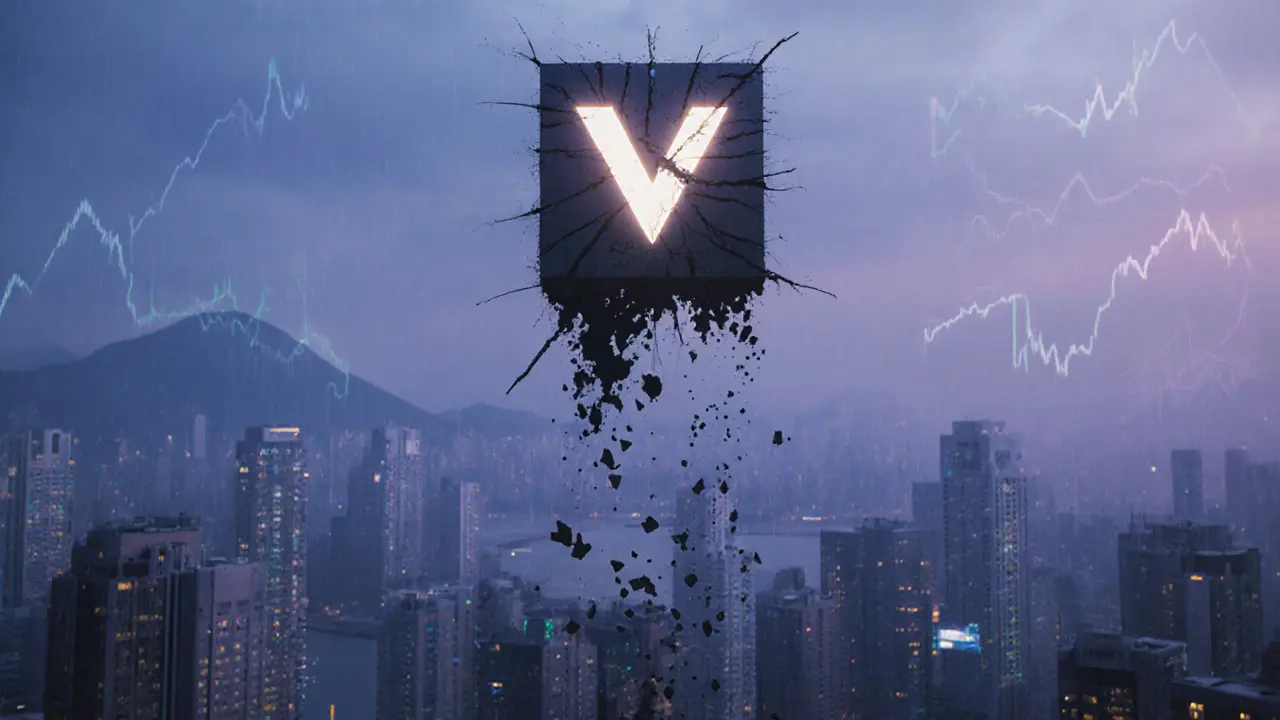Hong Kong Crypto License: What You Need to Know About Regulation and Exchanges
When you hear Hong Kong crypto license, a legal requirement for virtual asset service providers operating in Hong Kong under the Securities and Futures Commission (SFC) framework. Also known as virtual asset provider (VAP) license, it’s no longer optional—if you’re trading, holding, or advising on crypto in Hong Kong, you need one. Since 2023, the SFC has forced unlicensed platforms to shut down or apply. This isn’t just paperwork—it’s a safety net. If an exchange has this license, it means they’ve passed audits, kept client funds separate, and follow anti-money laundering rules. No more guessing if your exchange is legit.
The virtual asset provider, a regulated entity authorized to offer crypto trading, custody, or advisory services in Hong Kong must prove they have real security, real oversight, and real accountability. That’s why platforms like HashKey and OSL are trusted—they’re on the official SFC list. But not every exchange that claims to be "based in Hong Kong" is licensed. Some use the city’s reputation to look safe while operating offshore. Watch out for names that sound official but don’t show up on the SFC’s public register.
The Hong Kong MAS crypto rules, a common misreference to Hong Kong’s actual regulatory body, the SFC, not Singapore’s MAS. Also known as SFC crypto regulations, it’s important to get this right—Singapore’s MAS regulates crypto there, but Hong Kong has its own system. Confusing the two can cost you. If you’re using an exchange that says it follows "MAS rules," it’s probably not licensed in Hong Kong at all. The SFC doesn’t just care about compliance—they care about your money. Licensed exchanges must keep 98% of assets in cold storage, submit monthly reports, and disclose any security breaches within 24 hours. That’s not something you get from a random platform with a fancy website.
You’ll see posts here about exchanges like BEX Mauritius and BIJIEEX—neither has a Hong Kong license. They’re not even close. Others, like UPEX, shut down because they never had one. The Philippines blocked 20 unlicensed exchanges. Hong Kong is doing the same, but with more transparency. If an exchange can’t show you their SFC license number, walk away. This isn’t about hype. It’s about whether your coins are safe when the market crashes.
What you’ll find below are real reviews of platforms that claim to be regulated, the ones that faked it, and the few that actually passed the test. No fluff. No marketing. Just what’s licensed, what’s not, and why it matters when you’re trading your crypto.
 28 Oct 2025
28 Oct 2025
VAEX crypto exchange withdrew its Hong Kong license application in May 2024 and has had zero trading activity since. No user reviews, no volume data, no security details - it's effectively dead. Here's why you should avoid it.
View More
